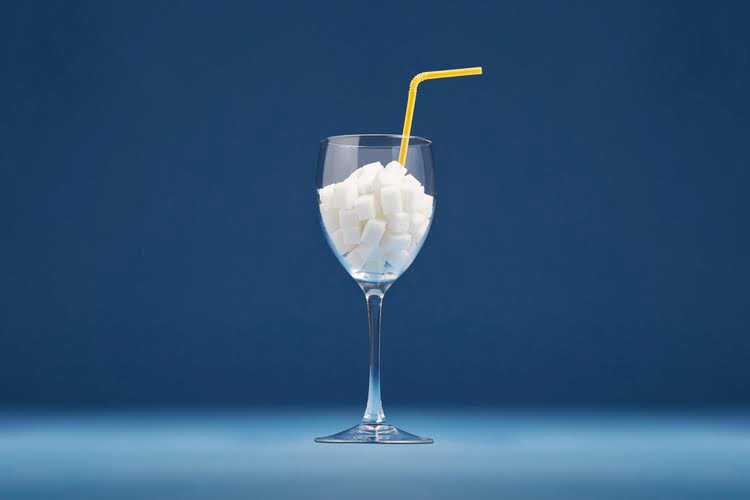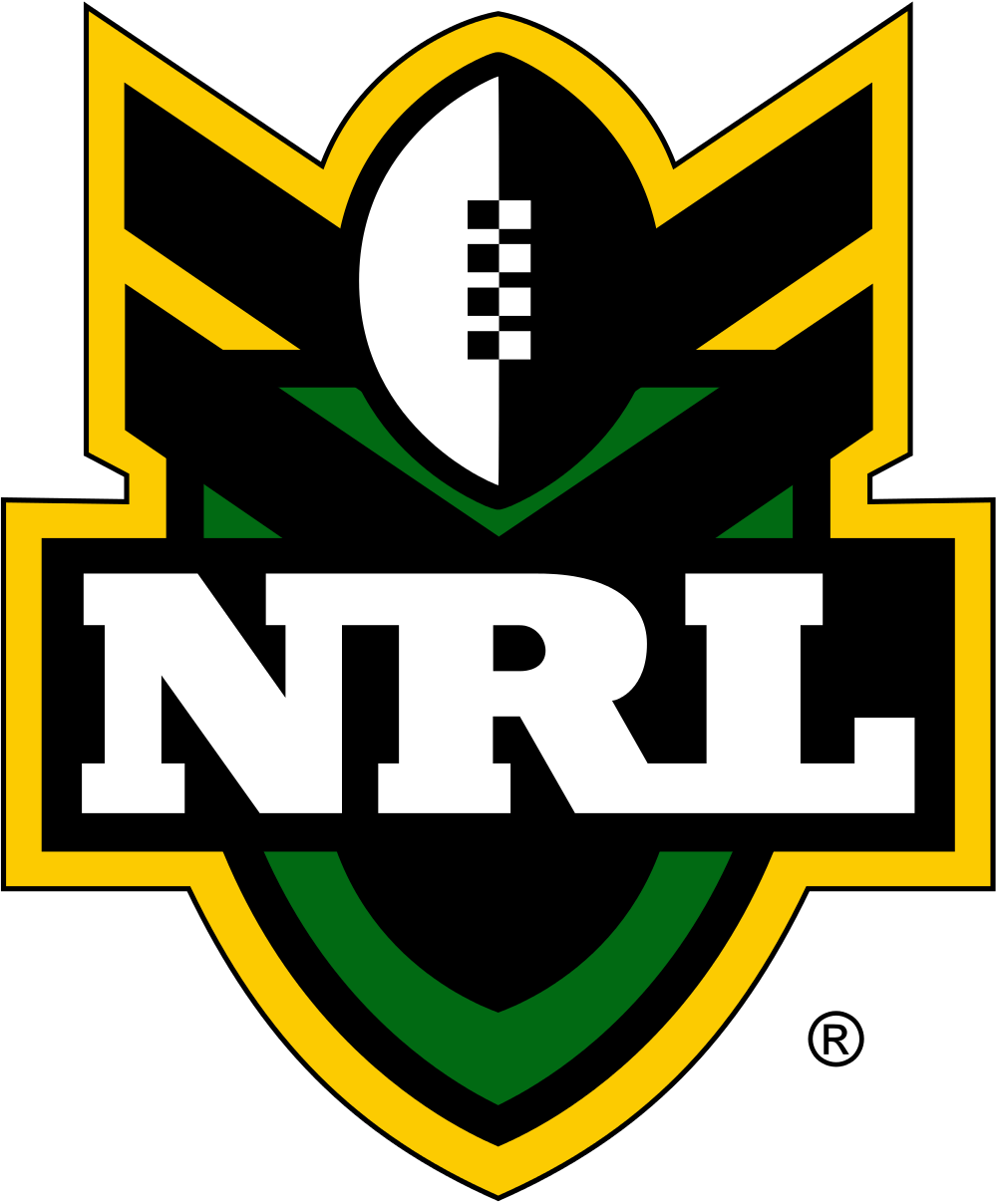Contents
Alcohol intake is the main factor determining how long the effects last. In people who drink moderately, the effect of alcohol on platelets is short-lived. The effects of aspirin are increased by alcohol, making it more likely for massachusetts sober living homes the effects to reach a toxic level. Aspirin can also increase the risk of internal bleeding when taken with alcohol. Alcohol use should be limited while taking aspirin, particularly in the two hours before or after using it.
- She has produced a multitude of integrated campaigns and events in the behavioral health and addictions field.
- Alcohol can affect every part of your body, impacting the health of each body system when used heavily or for prolonged periods of time.
- They can provide you with other options and work with you to address your drinking before you start taking blood thinners.
- Even if you have a normally functioning liver and kidneys, alcohol can limit your liver’s ability to metabolize other compounds.
Your liver is pretty efficient in filtering your blood, but it can only handle so much alcohol at a time. When you exceed the amount it can deal with, it slips past and makes it to your brain and starts to have its intoxicating effects. There are a number of factors that determine how dangerous alcohol consumption is while taking blood thinners. Excessive alcohol consumption can lead to high blood pressure, heart failure, or stroke. It can also contribute to cardiomyopathy, which affects the heart muscle.
Talk to Your Doctor
Depending on the blood thinner, the effects can last for hours or even days. Because blood thinners are designed to have a constant effect over time, they are typically designed to be long-lasting. Many people who drinkalcoholunderstand that it can have some kind of impact on their health. However, those who use blood thinners may find themselves wondering if they can still drink while taking their medication. They may also wonder about what kinds of complications could occur if alcohol is mixed with blood thinners.

Clotting factors are also released from platelets that help form a mesh to form the plug to close the wound. Alcohol use should be limited while using Savaysa because it increases the risk of internal bleeding. While some alcohol use may be permissible in certain situations, you should consult with a doctor or pharmacist about your specific situation. The blood-thinning effect of Lovenox is enhanced while using alcohol, increasing the risk of bleeding. You should check with your doctor before mixing Lovenox and alcohol. Having a drink or two every once in a while is probably fine when you’re on blood thinners — just be sure to talk to your doctor.
If you have high blood pressure, you should do your best to avoid alcohol. However, that does not mean that drinking is healthy, nor should you use alcohol to manage your blood pressure. There are safer and more reliable ways to manage high blood pressure than regular drinking. Usually, this after three or more drinks are consumed in a single sitting. For healthy individuals, this rise in blood pressure is temporary.
Alcohol should be limited while using Effient, especially among older adults. Some alcohol use may still be permissible; however, consultation with a doctor is essential to determine the risks for specific situations. Drinking alcohol can sometimes be a touchy issue between patients and doctors.
Side effects of mixing alcohol and blood thinners
What happens to your body after you take your first sip of alcohol? Learn the effects of drinking on your body and mental well-being. The lowest risk of CAD deaths was found in people consuming approximately one to two alcoholic equivalents.
It should not be used in place of the advice of your physician or other qualified healthcare provider. Blood thinners can be particularly dangerous for people withalcohol addiction. They often find it how to heal your liver after alcoholism more difficult to restrict their alcohol use to a moderate amount or avoid combining alcohol with blood thinners. This increases the likelihood of complications from mixing alcohol and blood thinners.

Today to speak with a specialist who can talk with you about treatment options. With thinner blood, you may also experience more nosebleeds as well as more bleeding of gums when brushing your teeth. Though the benefits can vary widely from person to person, taking a month-long break from alcohol can do your body good. Of course, healthcare professionals are here to assist and support you along the way. If you know you’re vulnerable to alcohol misuse, try not to put yourself in an environment that will encourage excessive intake.
Get Help for Alcohol Abuse in Orlando, FL
With that being said, it’s also important to clarify that alcohol is not a replacement for blood thinners. Blood thinners are medications that your doctor prescribes to prevent blood clots that can lead to heart attack or stroke. Red wine contains a substance called resveratrol, an antioxidant flavonoid that may lower bad cholesterol levels and thereby minimize the potential for blood clots. Antioxidants called polyphenols, of which resveratrol is one, may aid in the protection of the lining of blood vessels within the heart as well.

We look at what’s happening with your bladder and kidneys to make that happen. Our experts continually monitor the health and wellness space, and we update our articles when new information becomes available. Even if you have a normally functioning liver and kidneys, alcohol can limit your liver’s ability to metabolize other compounds.
Blood thinners are drugs your doctor prescribes to prevent blood clots that can cause a heart attack or stroke. If your doctor has prescribed one of these medicines, it’s because you have heart disease or another condition that increases your risk for clots. Some medical professionals believe drinkingone to two drinks per daymay be okay in terms of alcohol and blood thinners for healthy people, but anything more could be risky.
Can I drink alcohol if I have high blood pressure?
Platelets also release proteins called clotting factors that form a plug to close the hole. According to research, moderate consumption of alcohol has been found to cause a small increase in your HDL cholesterol. According to the Dietary Guidelines for Americans, published by the U.S.
From 24-hour care for withdrawal symptoms to individual therapy sessions with our counselors, patients receive our assistance every step of the way. Blood thinner medications prevent blood from sticking together which increases the amount of time it … Plavix increases the risk of stomach bleeding when coupled with daily alcohol use. Alcohol use should be limited while on Plavix, and specific cases should be discussed with a doctor. Much like Pradaxa, alcohol also increases the effects of Arixtra. This is doubly dangerous, as you are more likely to have an injury while intoxicated and are at higher risk for severe bleeding.
Keep reading to learn more about this blood-thinning effect, how alcohol interacts with blood-thinning medications, and more. Healthline has strict sourcing guidelines and relies on peer-reviewed studies, academic research institutions, and medical associations. There’s more than one kind how drugs affect the brain of blood thinner, and they work in different pathways within the body. When little blood vessels get injured from everyday activities, you may also notice small bruises appear on your skin. This isn’t usually a major concern unless they’re extensive or the discoloration seems extreme.
Can you drink alcohol while you are on blood thinners?
Medicines such as rivaroxaban, warfarin, and aspirin are often given to patients who are at high risk of heart attack or certain kinds of stroke. The medications help prevent blood clots, which could cause stroke or heart complications. The strain on your vessels can cause your blood vessel walls to thicken, which further raises blood pressure. If a block forms in the brain, it can cause an ischemic stroke, which starves parts of the brain of oxygen. Certain medications are used to thin the blood in people with hypertension. Since alcohol can thin the blood in a similar way, it can help prevent strokes and heart attacks.
Thin blood also causes issues with blood clotting, bruising, and healing from injuries. But alcohol interferes with blood cell production in the bone marrow. Having more than three alcoholic beverages a day can put you at a higher risk of hemorrhagic stroke. If your brain starts to bleed and your blood has been thinned by too much alcohol, it may not be able to clot before you lose too much blood and hemorrhage. The safest option is to avoid using alcohol while taking blood thinners.
Otherwise known as thrombosis, blood clotting is a vital step in healing from an injury. If you drink heavily, there can be a rebound effect in that the bleeding risk increases, even after you’ve stopped drinking. When the body’s ability to clot is reduced internal vessels may begin bleeding inside the body. When enough liver damage has been endured there is a risk of bleeding and shock. When you get hurt, blood cells called platelets gather at the injury site and form a blood clot.





































